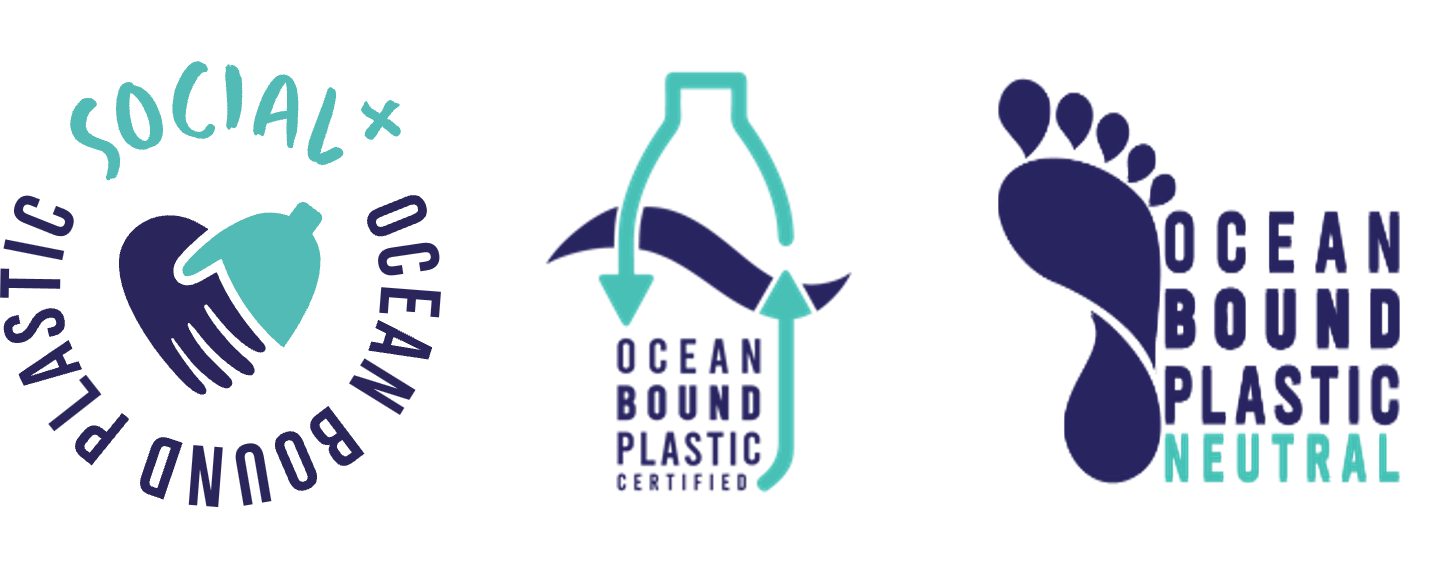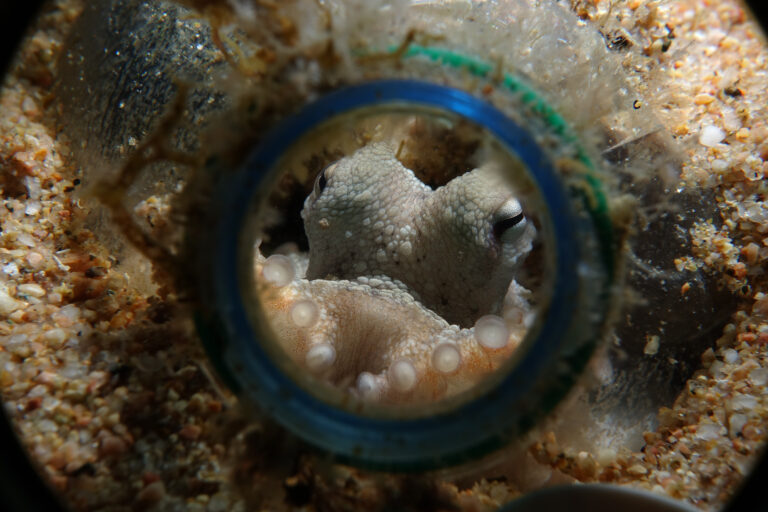Plastic is a significant source of pollution in the global ecosystem. The amount of plastic waste generated annually is increasing at an alarming rate, posing a severe environmental threat. Governments must develop effective policies to reduce plastic waste. The Organisation for Economic Co-operation and Development (OECD) “Global Plastics Outlook Policy Scenarios to 2060” discuss the outlook for plastics policy scenarios and how these policies can help reduce plastic waste. It also demonstrates the environmental benefits and economic consequences of adopting more stringent policies.
Plastics are a major contributor to global pollution and play an important role in the health of our planet. The “Global Plastics Outlook Policy Scenarios to 2060” quantifies both the consequences of “business as usual” on the leakage of plastics to the environment, and the benefits of more ambitious global policy action.
The report estimates that almost two-thirds of plastic waste in 2060 will be from short-lived items such as packaging, low-cost products, and textiles. Globally, plastic leakage to the environment is seen doubling to 44 Mt a year, while the build-up of plastics in lakes, rivers and oceans will more than triple, as plastic waste balloons from 353 Mt in 2019 to 1,014 Mt in 2060.
The goal of OECD policy scenarios should be to reduce the amount of plastic entering the environment while still allowing businesses and consumers access to necessary plastics. To achieve this goal, policy makers must consider both short-term solutions as well as long-term strategies that will ensure a reduction in plastics over time.
According to the organisation, solutions identified rely on:
–Changes in product design by shifting towards biobased or biodegradable plastics could reduce the adverse environmental impacts;
–Better waste management system would allow waste plastics to be captured before they begin creating problems in the natural environment;
–Clean up and remediation activities allow the removal of plastics already in the natural environment.
The creation of certification standards for recycled plastics is an important step to fight plastic pollution. Companies must provide evidence that their recycled plastic products meet the required quality and environmental standards. This would include criteria such as the amount of post-consumer or post-industrial material used, the quality of the product, and the environmental impact of its production.
To implement these solutions, members of the United Nations have agreed at the United Nations Environmental Assembly (UNEA 5.2) to negotiate an international legally binding instrument to end plastic pollution by 2024.
Discover the “Global Plastics Outlook Policy Scenarios to 2060” report: https://www.oecd.org/environment/plastics/
Discover OEC report “improving plastics management”:
https://www.oecd.org/environment/waste/policy-highlights-improving-plastics-management.pdf
Key figures:
- Plastic waste is also projected to almost triple by 2060, with half of all plastic waste still being landfilled and less than a fifth recycled.
- Plastic leakage to the environment is projected to double to 44 million tonnes (Mt) a year, while the build-up of plastics in aquatic environments will more than triple, exacerbating environmental and health impacts.
- While recycled (secondary) plastics are projected to grow more quickly than primary plastics, they will only make up 12% of all plastics in 2060.


